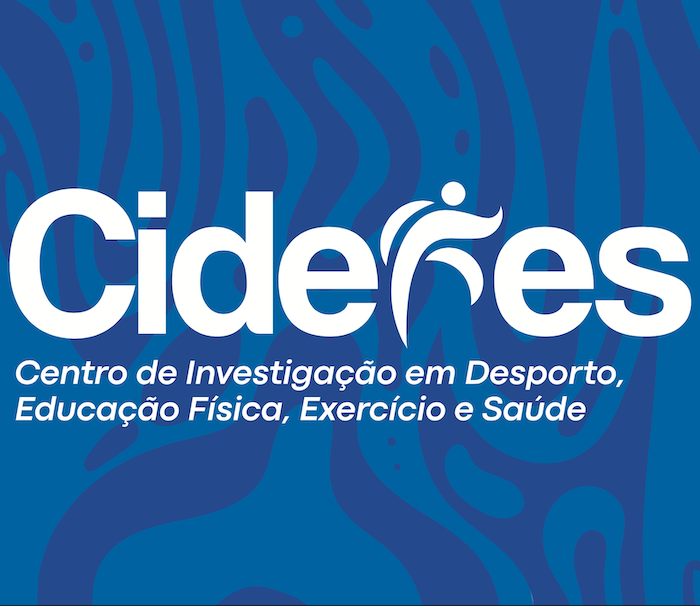Projects
Moving the Next Generation: Testing a motor skill assessment sensor wear App with teachers in a real-word setting
# Projeto desenvolvido no âmbito da Universidade de Deakin, Melbourne – Austrália.
Funding type
Deakin Science and Society Network – Deakin University, VIC, Australia
Timeline:
2021-2022
Principal Investigator
Natalie Lander (REDI – Research for Educational Impact, Deakin University)
Other Investigators
- Eduarda Sousa-Sá (CIDEFES, Universidade Lusófona)
- Lisa Barnett (IPAN – Institute for Physical Activity and Nutrition, Deakin University)
- Shady Mohamed (IISRI – Institute for Intelligent Systems Research and Innovation, Deakin University)
- Darius Nahavandi (IISRI – Institute for Intelligent Systems Research and Innovation, Deakin University)
- Steven Lewis (Faculty of Arts and Education, Deakin University)
Partners
Faculty of Arts and Education (Deakin University – Australia); Faculty of Health (Deakin University – Australia); Faculty of Science, Engineering and Built Environment (Deakin University – Australia);.
Summary
Physical activity plays an important role in the prevention of metabolic, cardiovascular, musculoskeletal and mental health risk factors in children. Yet low levels of physical activity are pervasive, especially in schools. Motor competence (MC) plays a crucial role in development of and opportunities for an active lifestyle and is defined as an individual’s ability to execute gross motor skills (e.g., running, hopping, throwing, balancing) and is positively associated with healthy weight status, higher levels of PA and physical fitness. MC also positively influences children’s social and cognitive development and self-perception. The childhood years provide a critical window of opportunity to promote MC. As such, development of MC is a priority of Australian, and global, primary school Health and Physical Education (HPE) curriculums.
In spite of its importance, low levels of MC in children are a global health concern and demands an interdisciplinary approach to prevention. Investing in better MC assessment and intervention early in life should be a global research priority. Yet, the use of many and varied MC assessment tools impedes direct comparisons, and existing MC assessment is challenging due to time, cost, resources and training needed to assess MC accurately. This impacts on the feasibility of MC assessment, resulting in minimal in-field application, particularly in a school setting. Unsurprisingly, generalist teachers report low confidence and competence and are ill equiped to assess and instruct MC. Objective assessment of MC will reduce time and cost of field assessment and provide real-time feedback, so that remediation of deficiency is accurate, specific and immediate.
A MC assessment tool using Inertial Measurement Units has been recently developed for use in child samples by our research team. Children were able to be assessed in seven common movement skills, in a research setting. Data was downloaded in real time to a tablet with areas of improvement targeted. For research translation to occur, future research is needed to i) refine the prototype for use by teachers, and ii) to test implementation effectiveness of the App when used by teachers in schools.

